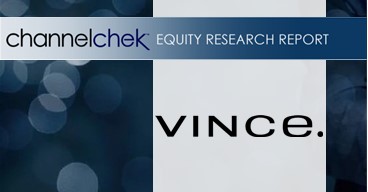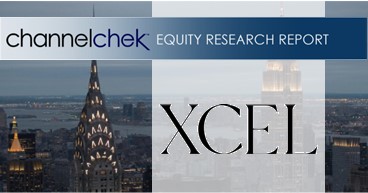
Monday, January 05, 2026
Michael Kupinski, Director of Research, Equity Research Analyst, Digital, Media & Technology , Noble Capital Markets, Inc.
Jacob Mutchler, Research Associate, Noble Capital Markets, Inc.
Refer to the full report for the price target, fundamental analysis, and rating.
Execution inflection driven by digital and DTC momentum. 2025 marked a clear improvement in operating execution, led by stronger e-commerce performance, enhanced digital capabilities, and early traction from the dropship initiative, which collectively supported revenue growth and improved operating leverage.
Pricing power and profitability improved despite cost headwinds. The company demonstrated brand resilience through higher average selling prices, stable unit volumes, improved full-price sell-through, and disciplined cost management, allowing it to offset tariff and freight pressures and deliver meaningful adjusted EBITDA upside.
Get the Full Report
Equity Research is available at no cost to Registered users of Channelchek. Not a Member? Click ‘Join’ to join the Channelchek Community. There is no cost to register, and we never collect credit card information.
This Company Sponsored Research is provided by Noble Capital Markets, Inc., a FINRA and S.E.C. registered broker-dealer (B/D).
*Analyst certification and important disclosures included in the full report. NOTE: investment decisions should not be based upon the content of this research summary. Proper due diligence is required before making any investment decision.



